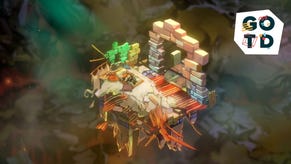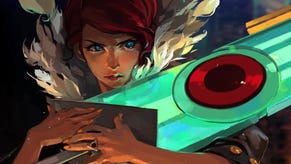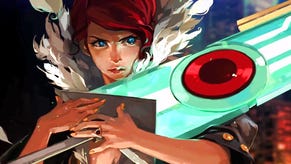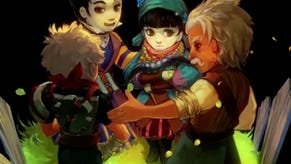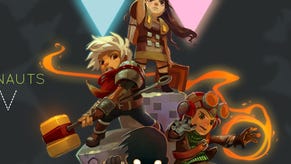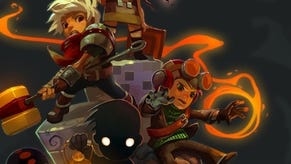Building Bastion
Supergiant's Greg Kasavin on crafting this year's Summer of Arcade standout.
Mission accomplished, judging by the response from both customers (who sent the game to the top of the XBLA chart in its first week) and critics. Eurogamer's Tom spoke up for the game's "dazzling visuals, artful commentary and moving score" in his glowing 8/10 endorsement last month, though did have one concern: the enemy design.
He criticised the AI for "frequently just spamming you with increasing numbers, extra spawn points, area-of-effect attacks and storms of projectiles rather than fighting you in ways that invite experimentation and get you excited about going into combat."
It's a complaint that Kasavin was eager to answer.
"I can see how somebody would judge that to be the case," he replies. "I don't think that's been the consensus, but since the combat is such a big portion of the game people's views on it naturally differ.
"Our intention with the enemy design was to provide behaviours that players could learn. You learn to see a certain enemy, you know what it does, you know what its weaknesses are. Fighting those things in different combinations and sets of encounters is what creates the challenge.
"We didn't want to put the player in situations where the enemies are just utterly unpredictable, because that means players can't learn how to play the game well. That's an aspect where we do take inspiration from classic game design, where it's not about trying to create artificial intelligence that can handle the player in every type of situation, it's more about letting the player achieve a growing sense of mastery."
As for where Supergiant goes next, the path is every bit as difficult to predict as The Kid's journey through Bastion's self-generating post-Calamity gameworld. There are no scraps left over ready to be moulded into a sequel, and no concrete plans to tie up any of the loose ends left dangling by the game's memorable denouement.
"There is really nothing that we left on the cutting room floor that wasn't something we wanted to leave out. This is very much the game we wanted to make," explains Kasavin.
"Our intention with the game was to make a complete-feeling experience and not release it until that was the way it felt. I think, looking at the feedback, there's nothing that we wish we could go back and re-do.
"We held nothing back for DLC or a sequel," he added.
"We wanted a very strong conclusion to the whole game so that it really did leave players feeling satisfied at the end. There are certainly design decisions that not everybody is going to agree with, but I think even if we had more time we would have changed our mind on any of those things."
"Whatever we do next, creating a sense of wonder and a sense of surprise is going to be important to us."
Kasavin refused to rule out a return to the Bastion universe at some point in the future but emphasised that the studio's first priority with its next project is ensuring that it doesn't repeat itself.
"We would seek to create new experiences no matter what, whether it's in the Bastion universe or some other Bastion universe, if that makes sense. I don't think it would be sufficient for us to go, 'Oh well, people really like Bastion so here's more of the same' because what people like about Bastion is that it's not just more of the same. It's that the game surprised them.
"So with whatever we do next, creating a sense of wonder and a sense of surprise is going to be important to us. We're certainly not decided about the specific games we're going to do - we're more interested in the types of feelings they create, whether in this franchise or some other one."

